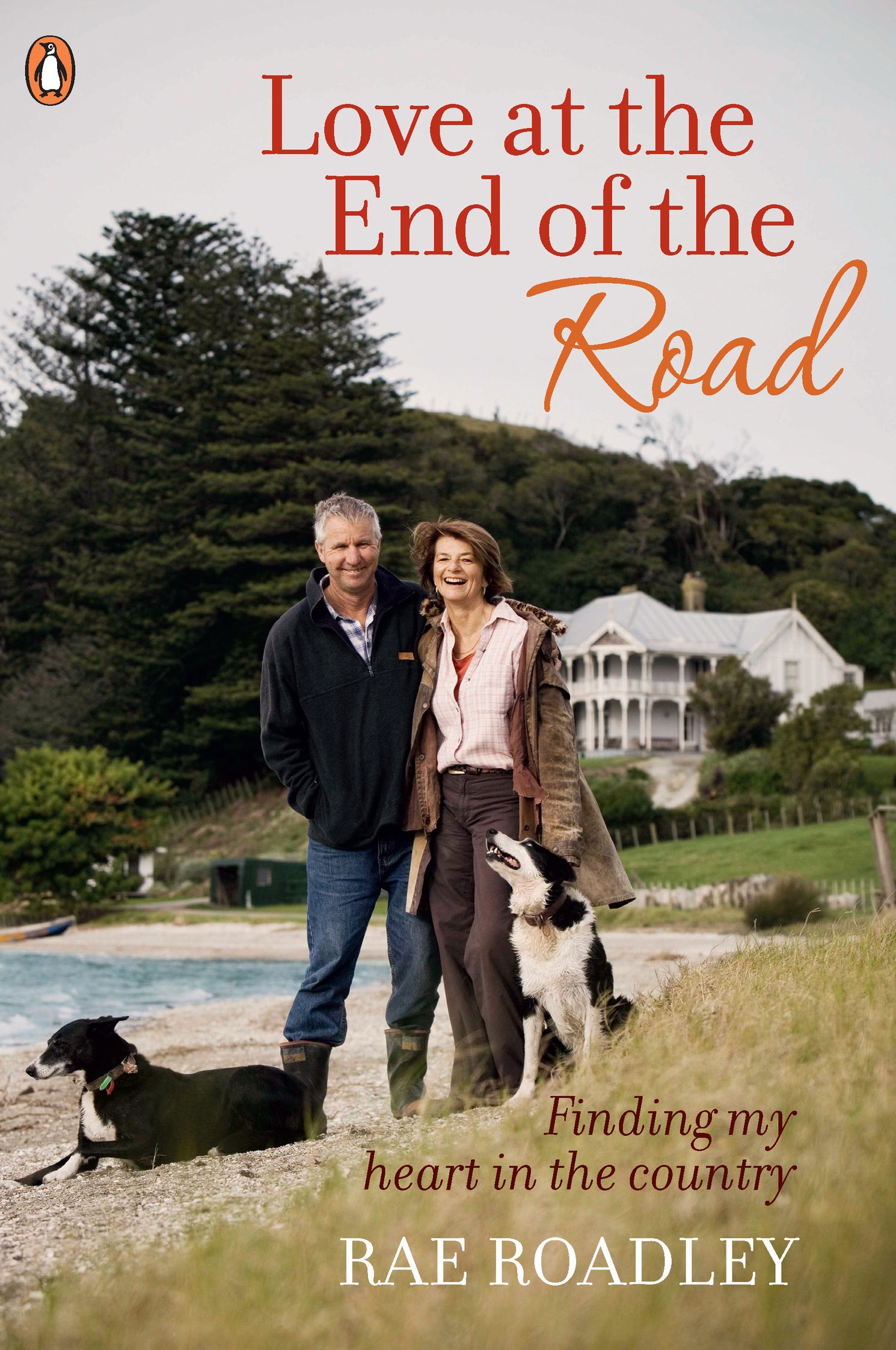
The farmer prefers talking to animals, but here he is speaking to visitors from Auckland tour company Ship ‘n’ Shore.
At a seminar about the challenges farmers face when employing staff, the farmer turned to me and whispered, “This is why I work with animals.”
When you work with animals, you don’t need to talk to them and if you do, it doesn’t make a jot of difference to their behaviour.
When he moved sheep into the house paddock, Rex stood by the back door and called out: “Baaaaaa. You sheep eat up the grass.”
They obliged, but would have done so without his guidance.
After he’d bought some steers that seemed tame, he asked. “Were you blokes hand reared?” then lay like a starfish while they sniffed him all over. They would have done this whether or not he’d asked how they had been reared.
As he’s well used to the optional aspect of chatting with animals, talking to the resident human is often also discretionary which leads to a life of surprises.
A while back a truck carrying a giant yellow digger roared down the road, turned and departed. When a visitor asked about it, I airily replied that it was a council digger, forgetting the roadside drains had been cleared a few weeks earlier.
The next day the digger sat in a paddock; Rex had hired it to clear dams and resurrect an overgrown track.
Soon afterwards I observed low-flying clouds – a fertiliser truck thundered through the paddock by the house – and kindly fertilised the laundry.
While returning home at night I watched a string of red lights snake up the road. Perhaps it was a low-flying space ship or a bus heading to the marae.
When the lights entered the farm I concluded they belonged to a stock truck and trailer. By the time I reached the yards it had reversed up to the loading ramp and our headlights were eyeball to eyeball. Rex later explained that it had delivered a couple of hundred sheep.
I’d considered saying hi to the driver, but drove on; I wanted an early night because the following day I planned to paint the interior of our shed.
After I’d finished painting, I tidied the shed and carport so my car and the farmer’s ute could be parked in their respective nests.
When Rex arrived home in my car I ducked outside, planning to direct him in the style of a pointsman into the dazzling shed. Too late! He jumped out of the car, started the muddy farm quad with its flat tyre and drove it into the space designated for my car.
After cheerily saying hi, he said: “That can live in there until I get it going again.”
I could have said something to the farmer, but instead engaged in an intense conversation with the dogs. The result was the same – it didn’t make a blind bit of difference to anything.




Ajit De Silva
May 14, 2013 at 9:31 am (UTC 13) Link to this comment
I think animals have some sense in them and they could “relate” to someone who they see every day. Is it not that dogs become closely attached to people who are always with them to become “one master dog”.
Every Sunday morning, I am the only living/breathing animal on the road, for many Cats. I meet them on my paper run and I make it a point to talk to them. They communicate with me with wide eyes; some have allowed me to stroke their backs. Once I met a Persian Cat, perched on the bonnet of a car that had come from a night out. I could have taken it and drove around but then thought of the distraught I would create for its friends
Even though the farmer has mentioned that speaking to his animals is inconsequential, I think those animals would appreciate a kind word of two. The only problem is talking to hundreds of them. The farmer could become another cow and lose the forest for trees.
(I read your book and “lived” your life in the “world of yours” that I created in my mind)
Rae Roadley
May 23, 2013 at 9:52 am (UTC 13) Link to this comment
Hi Ajit, Thanks for visiting – and love your story about talking to cats. Yes, I’m sure animals know what we’re saying – and suspect they understand more than we realise including our feelings and attitudes. Thanks for reading my book. In it I mention Louis D’Souza who was pressganged in the Azores in the late 1800s and jumped ship in Mangongui, along with several others including a young man DeSilva. Any relation?
Lynley
May 10, 2013 at 4:55 pm (UTC 13) Link to this comment
LOL! My daughter is currently writing a university assignment on communication…..perhaps she could suggest to the tutor that “farmer communciation” could be added as a genre to write about in future!
Rae Roadley
May 11, 2013 at 9:08 am (UTC 13) Link to this comment
Mmmm – a thesis on the finer points of farmer speak and bloke speak might be a bestseller. Thanks for dropping in.